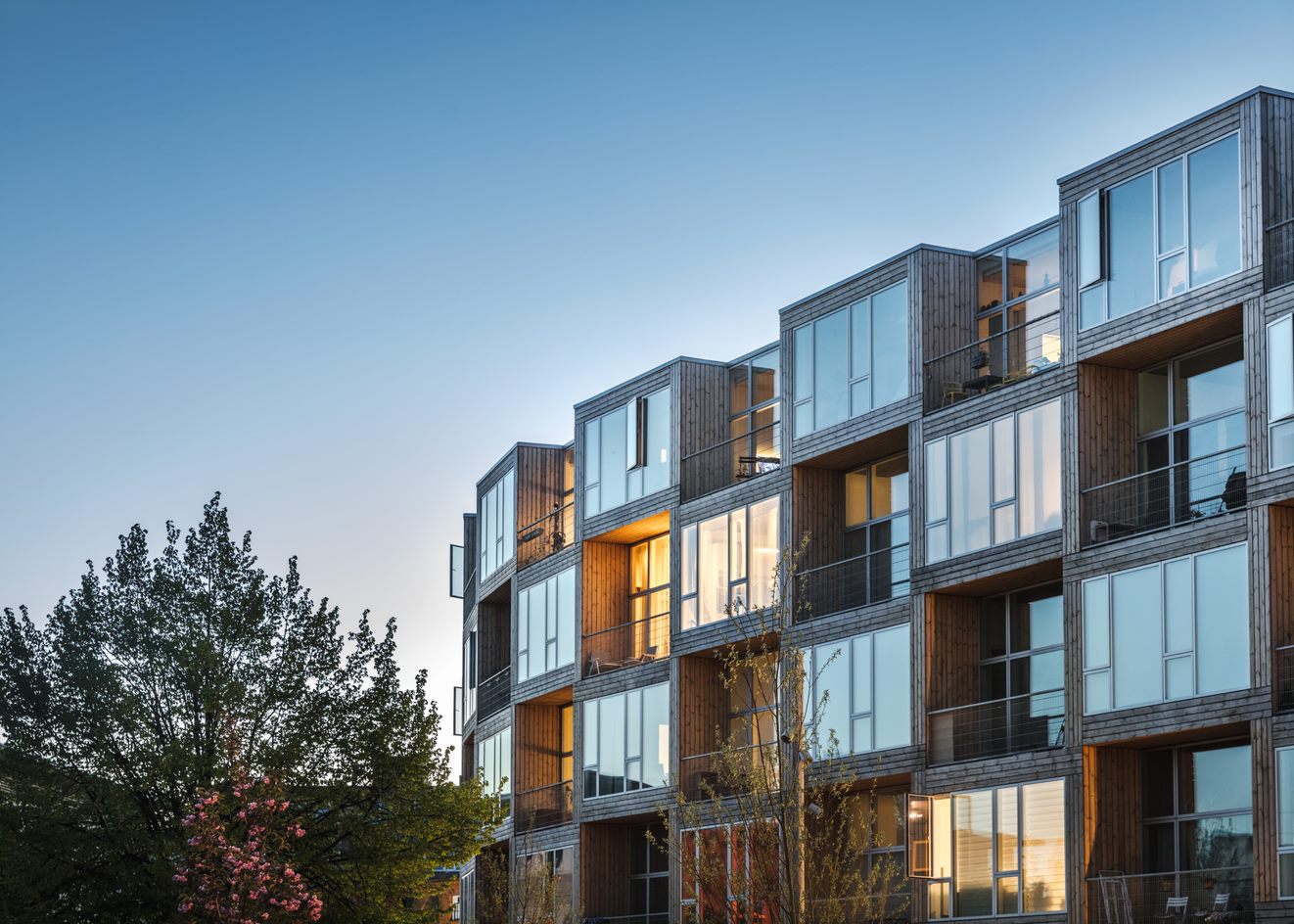A Circular Economy (CE) transition of the Danish social housing sector can generate environmental and economic co-benefits, such as the reduction of resource use and negative externalities, as well as open new business opportunities, economic growth and job creation, throughout the value chain.
The quality of the built environment brings significant social effects, that can be turned into economic benefits for individuals and communities, and architectural companies therefore play a central role in the CE transition of the social housing sector, through re-thinking systems by design, as multi-stakeholders participatory/co-design processes can speed up and increase the efficiency of such CE transition.
CE, however, seems to prioritize the economic systems with primary benefits for the environment, and only implicit gains for social aspects, when circular economy is considered in the wider frame of sustainable development. Social co-benefits for end users, such as inclusiveness, health and well-being are not fully considered nor accounted for in CE.
Environmental, economic and social co-benefits through CE can be concretized through life cycle assessment tools. Currently, there is limited research on the integration of Life Cycle Assessment (LCA), Life Cycle Costing (LCC) and Social-Life Cycle Assessment (S-LCA), in an integrated Life Cycle Sustainable Assessment (LCSA) for social housing.
The aim of this Industrial PhD project is to foster the CE transition of Danish social housing, through integrating environmental, economic and social co-benefits to be jointly assessed to support the evidence-based decision making and the design process of architectural firms and stakeholders, through value-chain innovation.
The Industrial PhD is a collaboration between the Danish Association of Architectural Firms, the University of Southern Denmark and BL / Landsbyggefonden.
